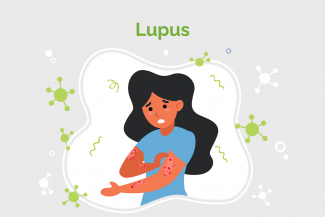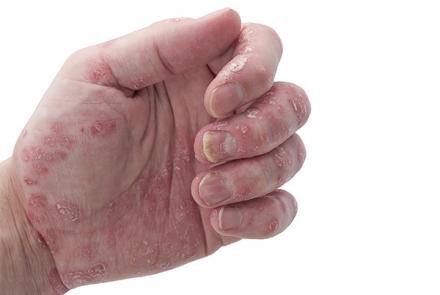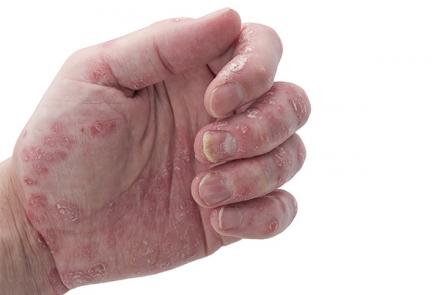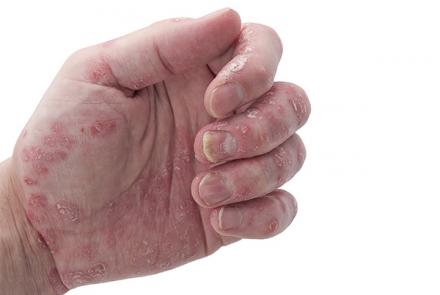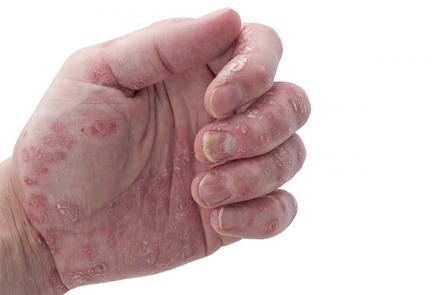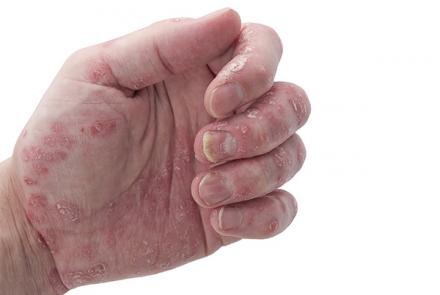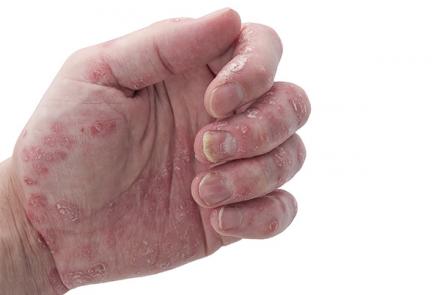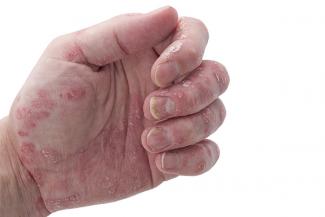
What you can do to cope up with the disease
It is vital that you take an active role in your treatment. One key to living with lupus is to know about the disease and its impact. Being able to spot the warning signs of a flare-up can help you prevent the flare or make the symptoms less severe.
Many people with lupus have certain symptoms just before a flare, such as:
- Feeling more tired
- Pain
- Rash
- Fever
- Stomach ache
- Headache
- Dizziness
You should see your doctor often, even when symptoms are not severe. These visits will help you and your doctor to:
- Look for changes in symptoms
- Predict and prevent flares
- Change the treatment plan as needed
- Detect side effects of treatment
It is also important to find ways to cope with the stress of having lupus. Exercising and finding ways to relax may make it easier for you to cope. A good support system – friends, family, community group, doctors - also help.
Lifestyle and home remedies
Keep the following in mind:
Sun care: Use sunscreen with an SPF of at least 15 that can block both UVA and UVB rays.
Diet: Eat a nutritious and well-balanced diet with limited sugar and salt intake if on corticosteroids. There is some evidence that fish has anti-inflammatory properties, but alfalfa sprouts may increase inflammation. Beans, ground flaxseed, canola oil and olive oil may also help fight inflammation.
Pain management: Apply moist heat to painful joints or soak in a hot tub or Jacuzzi.
Exercise: Low-impact walking, swimming, aerobics and bicycling may help prevent muscle atrophy and lower the risk of osteoporosis.
Rehabilitation: Physical, occupational, and vocational therapists can help you to strengthen muscles, exercise, lower stress, recommend assistive devices, train for a job that does not exacerbate symptoms. High stress jobs can worsen symptoms.
Smoking: Don't smoke. Quit if you are a smoker.
Climate: Changes in pressure can exacerbate symptoms. Try to live somewhere with minimal changes in climate and pressure.
Fatigue: Control fatigue by remaining active and resting for an appropriate amount of time.
Pregnancy: Be aware and consult with a doctor about risks associated with pregnancy for you and your child.
Cognitive function: A psychologist or cognitive therapists may be helpful if lupus leads to cognitive dysfunction or memory loss.
Who are the team of doctors to consult for lupus?
- Rheumatologists - doctors who treat arthritis and other diseases that cause swelling in the joints
- Clinical immunologists - doctors who treat immune system disorders
- Nephrologists - doctors who treat kidney diseases
- Haematologists - doctors who treat blood disorders
- Dermatologists - doctors who treat skin diseases
- Neurologists - doctors who treat problems with the nervous system
- Cardiologists - doctors who treat heart and blood vessel problems
- Endocrinologists - doctors who treat problems related to the glands and hormones
- Psychologists

